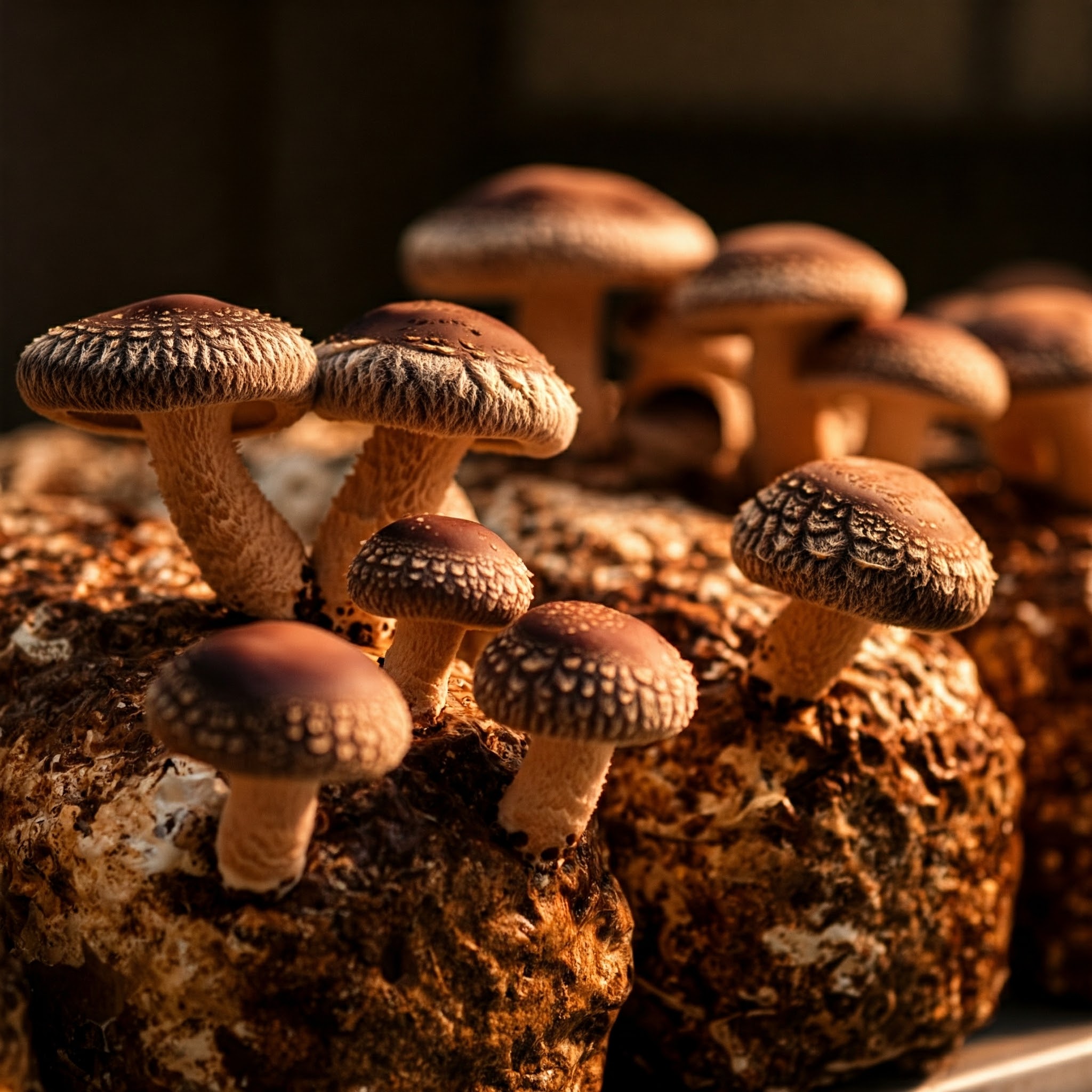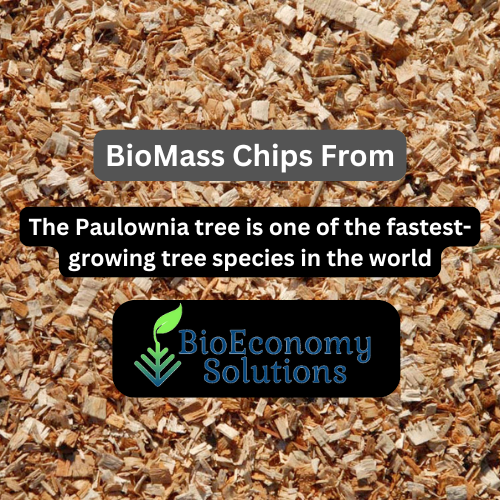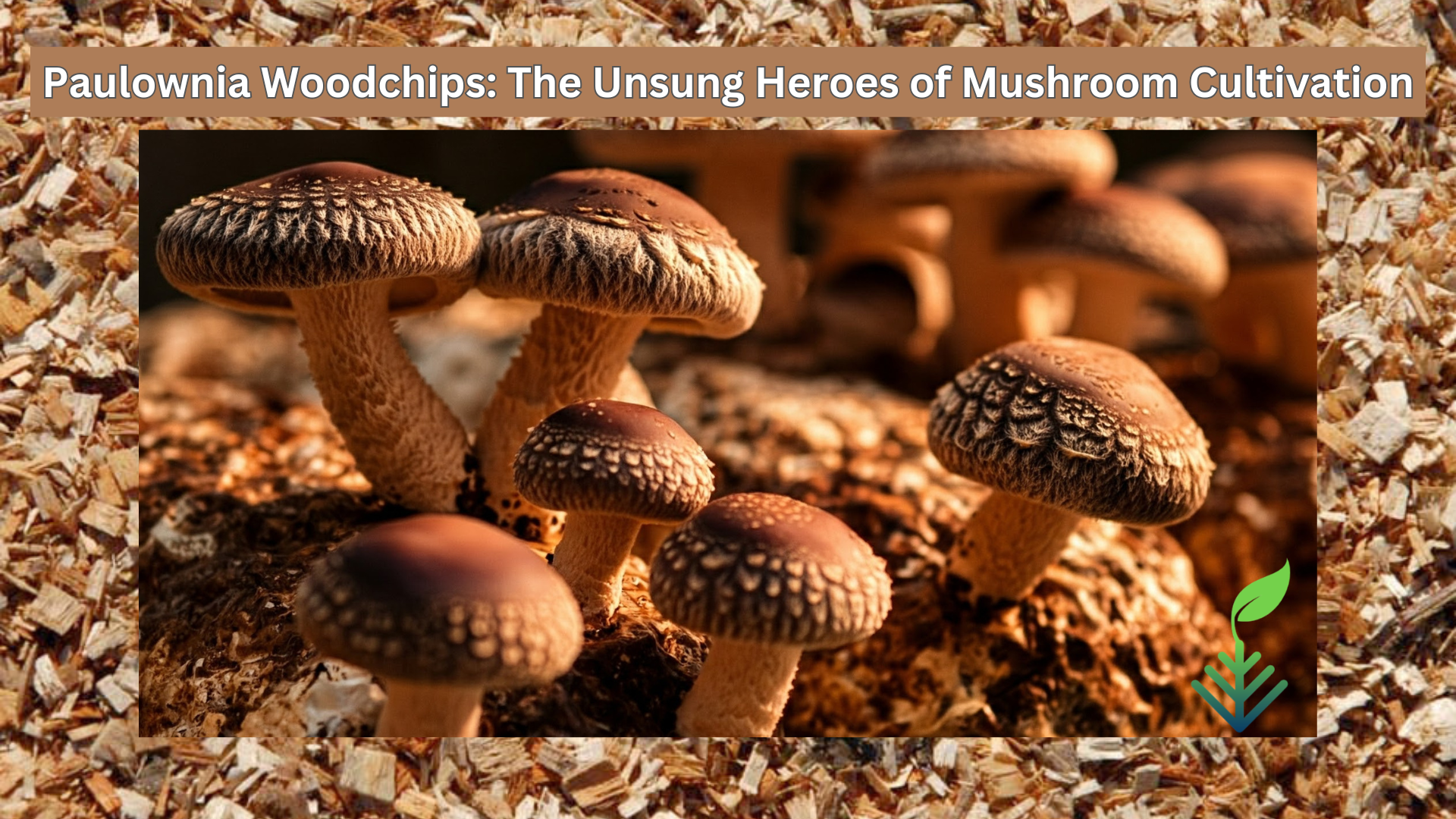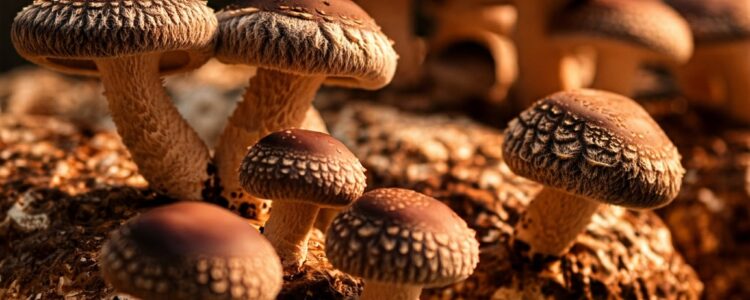
When you think of mushrooms, you might picture the fruiting bodies popping up from the forest floor, rotted logs or a neatly packaged container at your favorite grocery store. But behind those delicious fungi lies a fascinating world of cultivation, and Paulownia Woodchip fiber plays a starring role.
Why Paulownia Woodchips?
Mushroom cultivation requires a substrate, a material that provides nutrients and support for the growing mycelium (the network of fungal threads). Paulownia Woodchips have emerged as a favorite substrate for many mushroom growers, and here’s why:
- Nutrient-rich: Paulownia Woodchips contain lignin and cellulose, complex carbohydrates that many mushroom species can break down and utilize for growth.
- Regionally available: Paulownia Woodchips are often a byproduct of the forestry and lumber industries, making them a cost-effective and sustainable option for growers.
- Excellent moisture retention: Paulownia Woodchips hold moisture well, creating a humid environment that is ideal for mushroom growth.
- Good aeration: The spaces between Paulownia Woodchips allow for proper air circulation, which is essential for healthy mycelium development.
- Versatile: Paulownia Woodchips differ from other hardwood species like oak. Chips from softwoods like pine and fir, can be used to cultivate a variety of mushroom species.

What Is Paulownia?
The first thing is to answer the question of what is Paulownia? The paulownia tree is one of the fastest growing trees on earth. Once harvested, you do not have to replant it as it will regrow new shoots from the stumpage.
How Paulownia Woodchips are Used:
- Substrate preparation: Paulownia Woodchips are typically sterilized or pasteurized to eliminate competing fungi and bacteria. They may also be supplemented with other materials, like bran or gypsum, to provide additional nutrients.
- Inoculation: The prepared woodchip substrate is inoculated with mushroom spawn (a material containing the mycelium of the desired mushroom species).
- Incubation: The inoculated substrate is kept in a controlled environment to allow the mycelium to colonize the Paulownia Woodchips.
- Fruiting: Once the substrate is fully colonized, environmental conditions are adjusted to trigger the formation of mushrooms.
Benefits of Using Paulownia Woodchips:
- Sustainable cultivation: Utilizing Paulownia Woodchips as a substrate promotes sustainable forestry practices and reduces waste.
- High yields: Paulownia Woodchips can support robust mushroom growth, leading to high yields for growers.
- Versatility: A wide range of mushroom species, including shiitake, oyster, and lion’s mane, can be cultivated on Paulownia Woodchips.
- Cost-effective: Paulownia Woodchips are often a more affordable substrate option compared to other materials

Beyond the Basics:
- Specialty mushrooms: Some gourmet mushrooms, like reishi, shiitake and maitake, thrive on hardwood Paulownia Woodchips.
- Indoor cultivation: Paulownia Woodchips can be used for outdoor mushroom cultivation, creating mushroom beds
- Home growing: Paulownia Woodchips are a popular choice for home mushroom growers due to their accessibility and ease of use.
The Future of Paulownia Woodchips in Mushroom Cultivation:
As the demand for mushrooms continues to grow, Paulownia Woodchips are likely to remain a key substrate for cultivation. Ongoing research is exploring ways to optimize woodchip substrate preparation and enhance mushroom yields. The use of Paulownia Woodchips in mushroom cultivation not only provides a sustainable and efficient growing method but also contributes to a more circular economy by utilizing a valuable byproduct of the forestry industry.
Want To Buy Paulownia Wood Chips?
Contact Us!
Where To Buy Paulownia Wood Chips? Paulownia Wood Chips For Sale – QUESTIONS?
Visit our web page. https://bioeconomysolutions.com/paulownia-lumber/
We’re happy to organize a time to speak with you about our paulownia wood chips and lumber we have for sale. Please book your preferred time to speak directly.
Here’s a link to my online calendar/schedule:
www.bioeconomysolutions.com/bookcall
BioEconomy Solutions
Office: 843.305.4777
